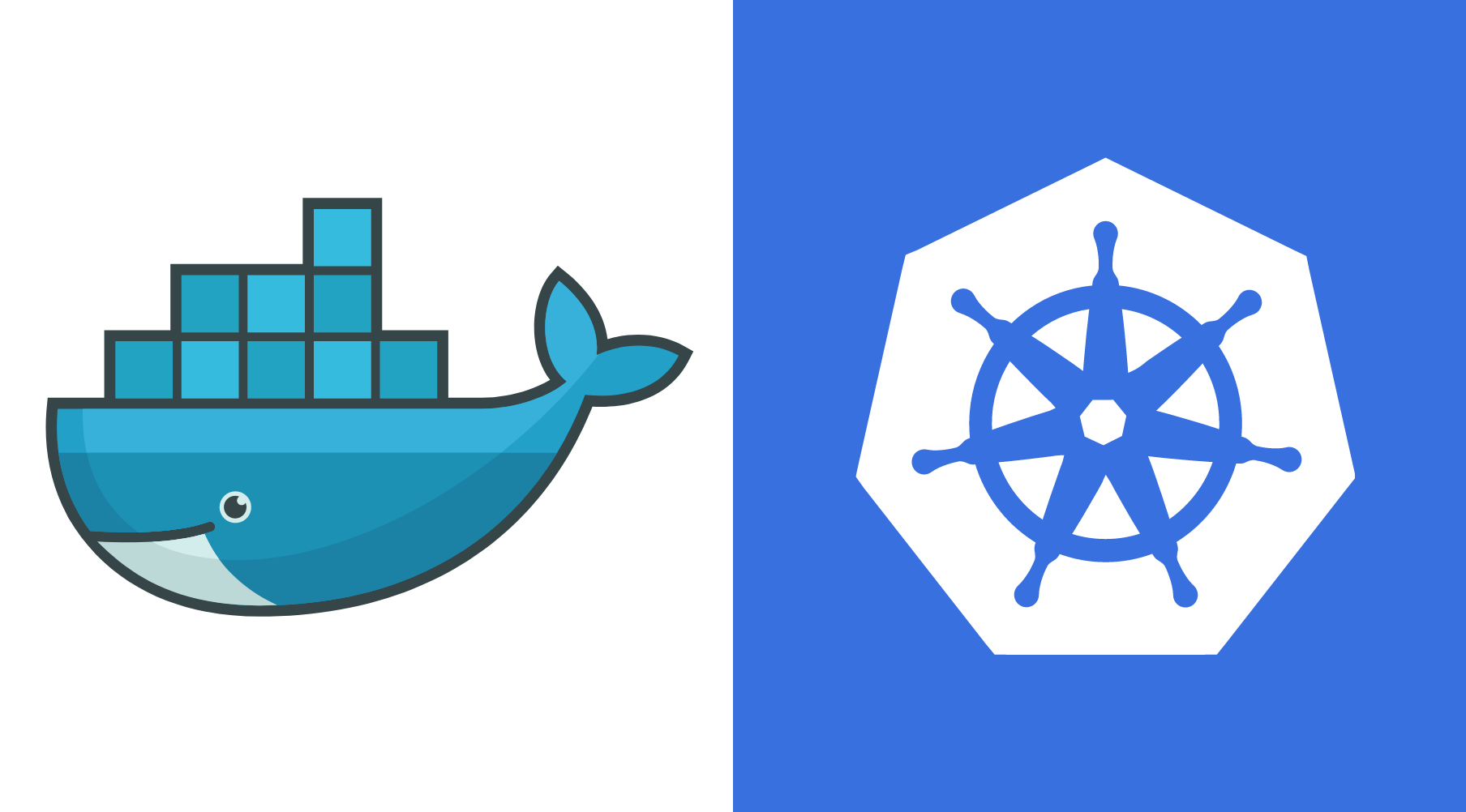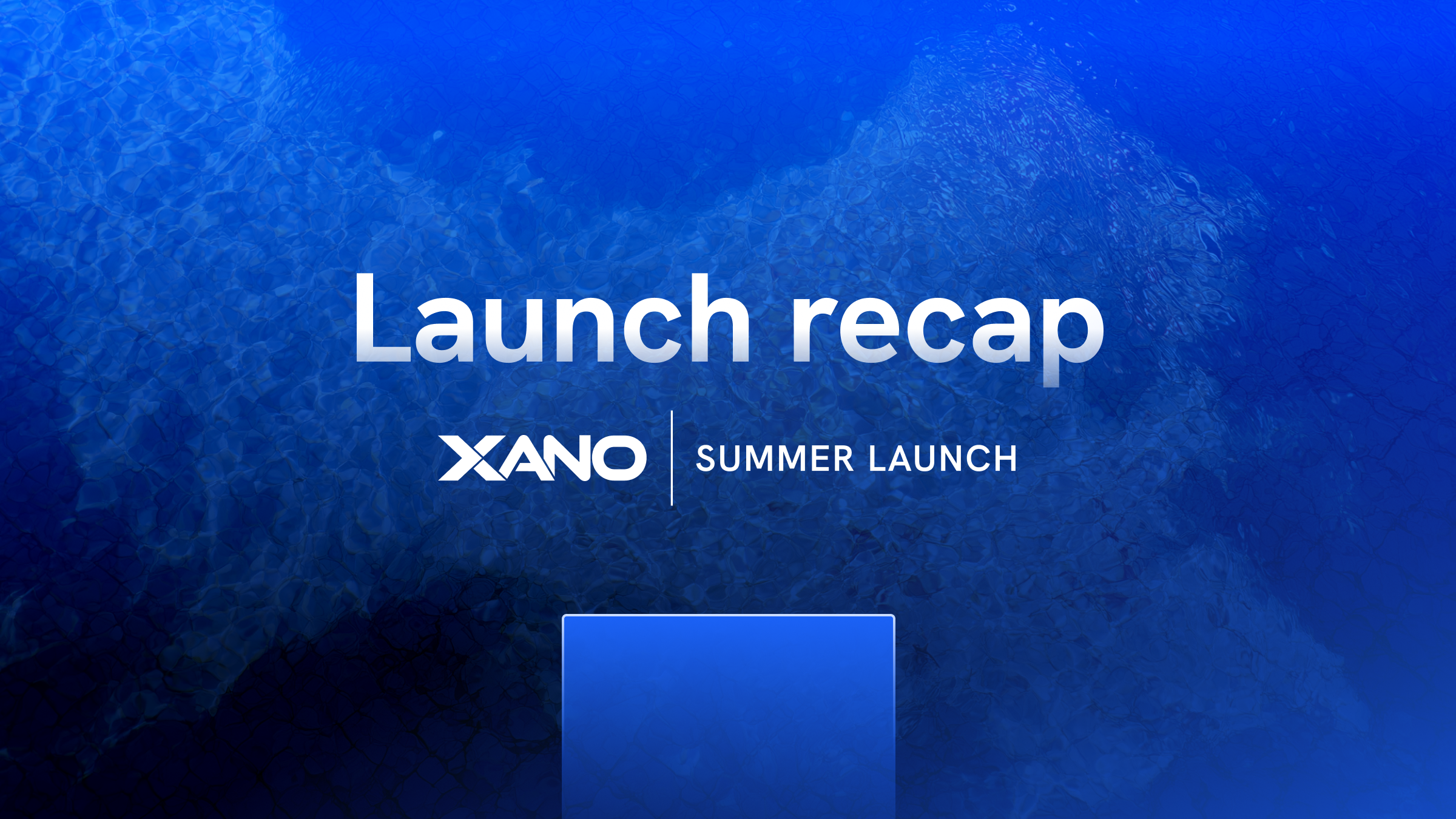Kubernetes Advantage: Orchestrating Docker Containers
By Xano | November 3, 2021

Docker containers – which we have discussed before – have taken off in recent years. Containers are a very useful tool for packaging code and its dependencies, giving you a self-contained mini-computer that ensures applications run effectively across different computing environments.
When managing a small amount of containers, manual management of tasks like deployment, scaling, and moving containers between hosts is perfectly doable. However, when you begin to scale up – and are suddenly tasked with managing thousands of containers and hundreds of services – things quickly get unwieldy.
This is where container orchestration comes into play. In a nutshell, container orchestration automates container management, scaling, and networking. In order to orchestrate Docker containers, you need a tool, and Kubernetes is establishing itself as the go-to container orchestration tool in the tech industry today.
Below, we'll provide a more detailed overview of the basics of container orchestration and the benefits of using Kubernetes.
What Is Container Orchestration
In large environments, container orchestration helps you manage the lifecycle of containers by automating time consuming tasks such as provisioning and deployment, scaling up or down, application configuration, and allocating resources between containers.
As stated, you use a tool – like Kubernetes, which we'll discuss more below – to describe the configuration of your application, usually using either a YAML or JSON file. In these files, you give your orchestration tool instructions (e.g., how to establish networking between containers, where to store container logs). A container orchestration is a declarative tool, which means you do not need to worry about the nitty-gritty of accomplishing such tasks; you only worry about specifying your desired outcome.
It can help look at an analogy. It's like comparing cooking dinner yourself to ordering from a restaurant. When cooking, you'll need to find a recipe, gather the ingredients, and then follow the steps to cook your meal. At a restaurant, however, you state the final outcome, the dish you want, and then receive it.
Declarative models, like Kubernetes and similar orchestration tools, are like ordering at a restaurant. The only action you take is inputting your final desired state. Everything else is taken care of for you. Through this analogy, it's clear to see the benefits of container orchestration. It offloads a lot of work for your team by automating many of the steps between A and Z. All you'll need to do is place your order.
Kubernetes: The Basics
Kubernetes is a very popular tool for container orchestration. It manages containers through an organizational structure with individual components that each take on a specific role to store, update, and maintain your containers.
Pods, Nodes, And Clusters
Pods are the logical units of an application and where you initially place one or more containers. Pods are then deployed into nodes and each node includes an agent, called a Kubelet, that runs and manages the containers inside of your pod.
Clusters contain all the nodes in a given subset of containers. Clusters are managed by a larger control plane.
Management Tools
The control plane manages the cluster using a variety of tools, each with its own responsibilities:
- Memory Store: The backend that stores all the cluster data
- Schedule: Assigns newly created pods to relevant nodes
- API Frontend: A gateway that allows developers to access the Kubernetes as needed while overseeing a project
- Controller Manager: Supervises the cluster and makes changes as needed to maintain the desired state programmers initially inputted
Advantages Of Kubernetes
Improves Productivity
By far the biggest advantage of Kubernetes – and, really, any orchestration tool – is that it takes over a lot of time-consuming and monotonous tasks that would usually be performed manually by programmers. By automating a considerable amount of hardware abstraction, it allows your development team to get to market faster and roll out changes more smoothly.
Simplifies Development
Related to the above point, Kubernetes's GitOps feature – which automatically updates deployments to match git status – has vastly simplified your development team's responsibilities. All your team needs to do is update the git history and Kubernetes will update the application in turn. This offloads a huge amount of manual coding from your team's plate while also reducing the risk of human error.
Kubernetes also allows for faster scaling as the process is more or less entirely automated. Developers basically play the role of supervisors of container orchestration tools, which is much simpler than completing tasks manually. Scaling used to take days and sometimes weeks to complete, but with Kubernetes it can be done within a day.
Large Community
Strength in numbers is another big plus with Kubernetes. With more and more people adopting Kubernetes, it's easy to find guidance online while troubleshooting issues.
The fact Kubernetes is an open platform means innovations are happening all the time as developers build and share custom tools. In other words, Kubernetes is expected to become even more efficient in the future, so there's never been a better time to get started.
Orchestrating Docker Containers: The Bottom Line
As you scale, the need for orchestration tools is inevitable. While there's a slight learning curve, it's well worth the benefits. Kubernetes remains one of the most useful tools for getting started with docker containers orchestration and there are ample resources online to help you familiarize yourself with the platform.
Looking for solutions for your company? Xano is the fastest No Code Backend development platform on the market. We give you a scalable server, a flexible database, and a No Code API builder that can transform, filter, and integrate with data from anywhere. Sign up here to get started.
The post Kubernetes Advantage: Orchestrating Docker Containers appeared first on Xano.

















